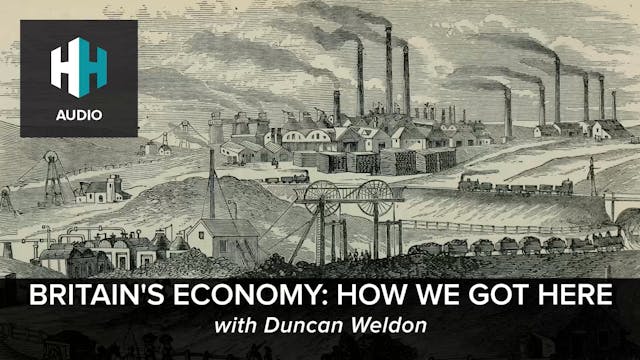Nan Madol. It is one of the most awesome, enigmatic and unique ancient sites in the World, and yet most people have never heard the name. Labelled the ‘Venice of the Pacific’ by US aviators during the Second World War, this ancient Micronesian metropolis is not your usual city. Situated offshore, it was constructed on corals – ‘a floating citadel’. All across the site today, the remains of centuries-old monumental architecture can be seen, built on top of artificial islets.
So what do we know about this stunning ancient site in the Pacific Ocean? When do we think it was constructed? How did the ancient population go about building this off shore citadel? In this episode we’re going to delve into what we know (and what we don’t know) about Nan Madol. From the earliest archaeology at the site to the structural layout of this enigmatic urban centre.
Joining Tristan for this special podcast is Dr Felicia Beardsley, from the University of La Verne. A leading expert on Nan Madol and on the archaeology of many other ancient sites from across Micronesia, it was a real privilege to interview Felicia all about this extraordinary ‘lost city’.
Up Next in Archive of Dan Snow's History Hit 🎧
-
🎧 Castles, Guns & the Wars of the Roses
In Britain, you’re never too far from a castle. These landmark structures are key to the history of the country, the rise and fall of great powers being marked upon their walls. In this episode, Dan Spencer takes a closer look at the use of castles in the Wars of the Roses both as defensive garri...
-
🎧 The Secret History of the SBS
The SBS was formed out of the Commandos during the Second World War to help counter Nazi domination of Europe. This small unit made up of regulars as well as maverick volunteers took on some of the most dangerous missions of the Second World War. Most famously Operation Frankton, where a small te...
-
🎧 Britain's Economy: How We Got Here
The industrial revolution began in Britain and became one of the most extraordinary economic miracles in human history but the next two centuries have seen many booms and busts and have been more to do with improvisation than planning. But, how should we think about Britain's economy, how did we ...




1 Comment